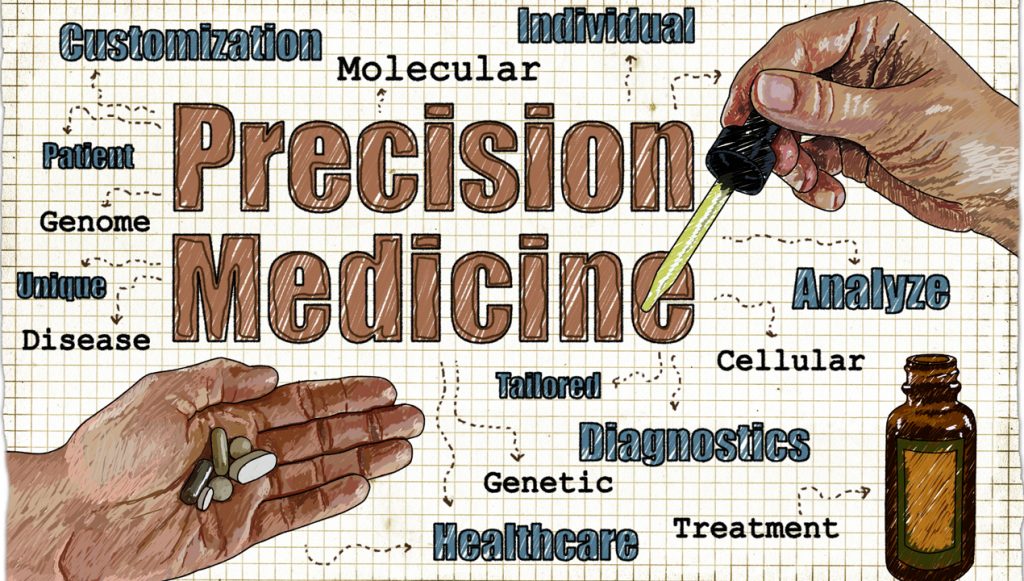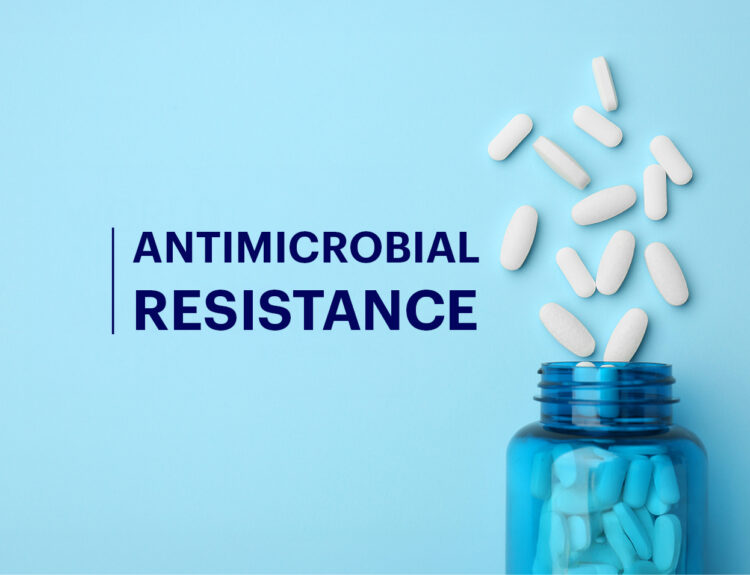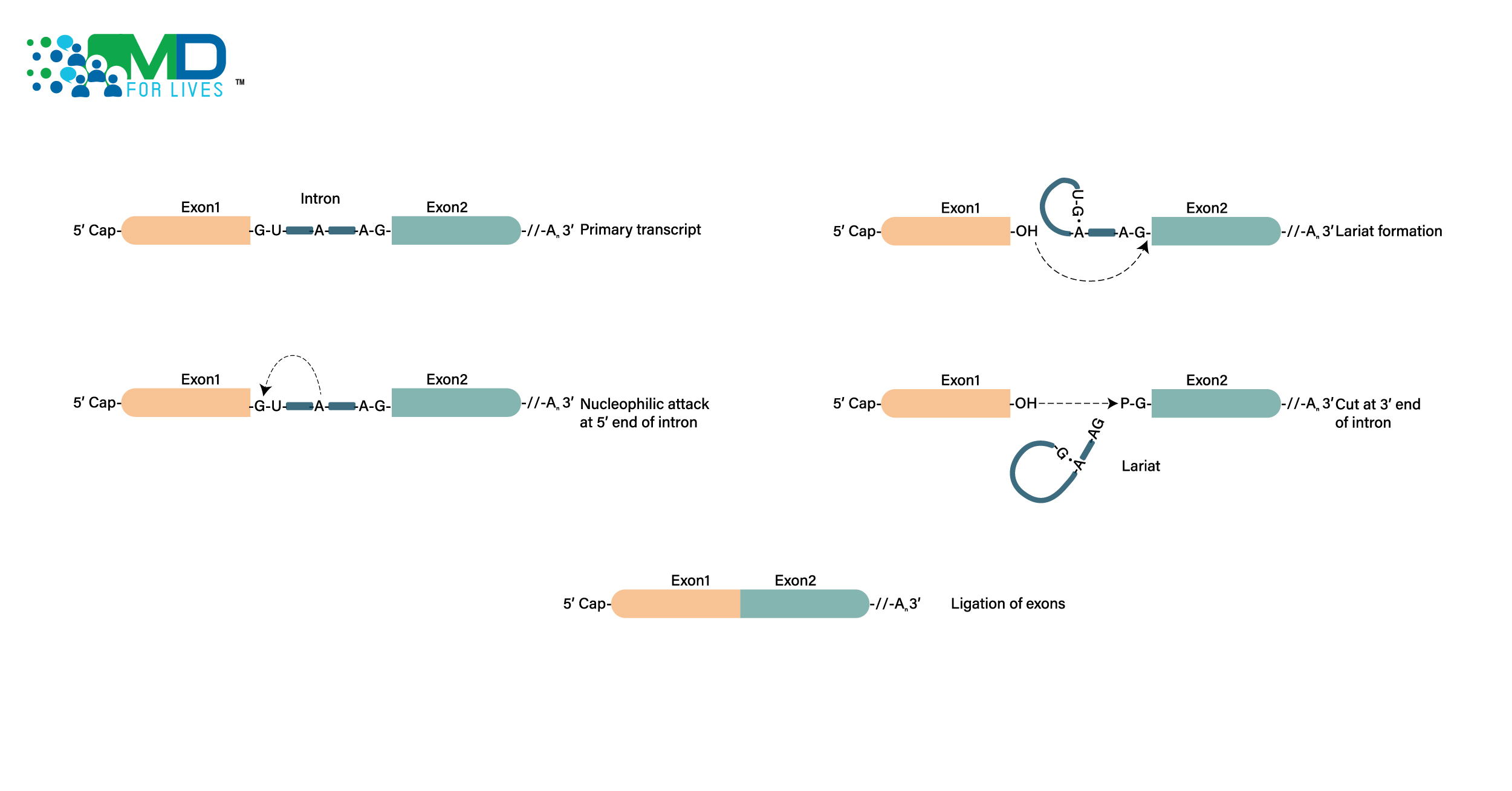The majority of medical procedures follow a one-size-fits-all approach for the “average patient,” which may work for some patients but not for others. Precision medicine has already produced significant new findings and FDA-approved therapies that are tailored to a person’s unique traits, such as their genetic make-up or the genetic profile of a tumor. Molecular testing is frequently administered to patients with different types of cancer as part of patient care, allowing medical professionals to choose therapies that raise survival rates and lower the risk of side effects.
What is Precision Medicine?
Precision medicine, also known as personalized medicine is an approach to healthcare that tailors medical treatment to the individual characteristics of each patient. This approach is based on the idea that every patient is unique and therefore requires a customized treatment plan. The power of precision medicine lies in its capacity to direct medical decisions toward the best course of action for a specific patient, thereby raising the standard of care while lowering the demand for pointless diagnostic procedures and therapeutic interventions.
Conceptual Difference between Precision and Personalized Medicine
Precision medicine describes a model for the delivery of health care that heavily relies on data, analytics, and information, whereas personalized medicine refers to an approach to patients that takes into account their genetic makeup while paying attention to their preferences, beliefs, attitudes, knowledge, and social context. Beyond genomics, this model has significant ramifications for our country’s research agenda, as well as for its application and uptake in health care.
With the help of precision medicine, medical professionals will be able to develop treatment and prevention plans that are specific to each patient’s genome sequence, microbiome composition, medical history, way of life, and dietary habits. To get there, we must combine a variety of data types, including metabolomics (the chemicals in the body at a particular time), the microbiome (the collection of microorganisms in or on the body), and information about the patient gathered from medical professionals and patients themselves. For health data to be successful, it must be portable and simple to share with patients, researchers, and other healthcare professionals.

Pharmacogenetics emerged from the intersection of genetics, biochemistry, and pharmacology, and it provided evidence of a causal relationship between genotype and drug response, indicating patterns of phenotypic variation with significant clinical implications. Variation in gene sequence leads to variation in target proteins, enzymes, or transport proteins, resulting in drug response variability. The convergence of pharmacogenetics and human genomics enhanced these findings, resulting in pharmacogenomics. Data generated from gene sequences and their alterations provides extra information for prevention and medical intervention. This trove of genetic data can then be clinically translated as personalized or precision medicine.
While precision in medicine has its advantages, it also has its disadvantages.
Some precision medicine pros and cons are discussed below:
Pros:
- Targeted treatment: One of the primary benefits of precision for medicine is that it allows for more targeted treatment. By taking into account a patient’s individual characteristics, such as their genetics, lifestyle, and environment, doctors can create personalized treatment plans that are tailored to the patient’s specific needs.
- Improved outcomes: Precision medicine has the potential to improve treatment outcomes by allowing doctors to prescribe more effective treatments. By using genetic testing, for example, doctors can identify which medications will be most effective for a particular patient.
- Cost-effective: While precision medicine can be expensive upfront, in the long run, it may actually be cost-effective. By tailoring treatments to the individual patient, doctors can avoid prescribing medications or treatments that are ineffective, which can save money on unnecessary medical expenses.
- Early detection: Precision medicine uses can also help with the early detection of diseases. Genetic testing can identify mutations that increase the risk of certain diseases, allowing for early detection and prevention measures.
Cons:
- Cost: While precision medicine has the potential to save money in the long run, the upfront costs can be high. Genetic testing and other personalized treatments can be expensive, making it difficult for some patients to access these treatments.
- Limited access: Precision medicine is not yet widely available, and not all doctors are trained to provide personalized treatments. This can limit access to precision medicine for some patients, particularly those in rural areas or with limited financial resources.
- Ethical concerns: There are also ethical concerns surrounding precision medicine uses. For example, genetic testing can reveal sensitive information about a patient’s health, which could be used to discriminate against them in areas such as employment or insurance coverage.
- Lack of standardization: There is currently a lack of standardization in precision medicine, which can make it difficult to compare treatments and outcomes between different patients. This can make it challenging for doctors to determine the most effective treatments for their patients.
In conclusion, precision medicine has the potential to improve treatment outcomes, but it also has its drawbacks. While the cost and limited access to personalized treatments can be a barrier for some patients, the ethical concerns surrounding genetic testing and the lack of standardization are also important considerations. As precision medicine continues to develop, it will be important to address these challenges and ensure that personalized treatments are accessible, effective, and ethical for all patients.

MDForLives is a global healthcare intelligence platform where real-world perspectives are transformed into validated insights. We bring together diverse healthcare experiences to discover, share, and shape the future of healthcare through data-backed understanding.






